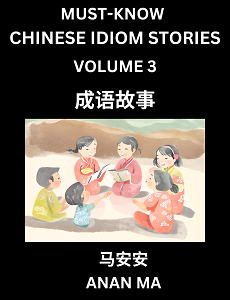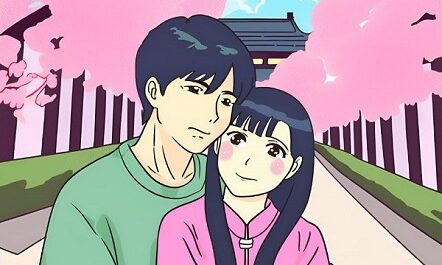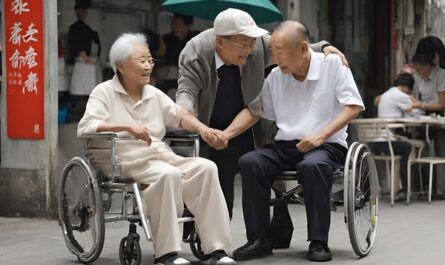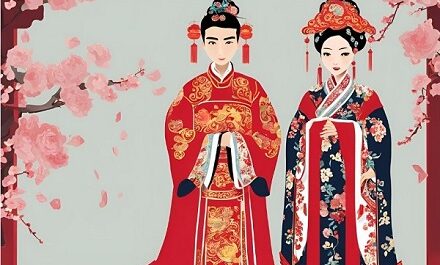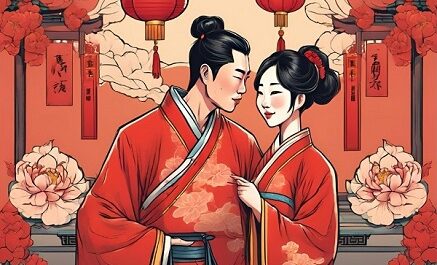Learn Chinese Idiom with Pinyin and English
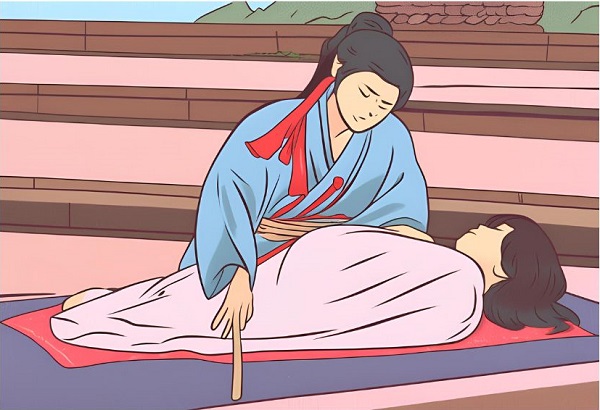
- Idiom in Chinese-北邙乡女。
- Pinyin of Idiom– Běi máng xiāng nǚ.
- Idiom’s Meaning in English– A woman buried in the northern hills, symbolizing the fleetingness of life. The idiom “Běi máng xiāng nǚ” originates from an ancient Chinese belief that the northern hills of Luoyang, known as Beimang, were a popular burial site for women. It is used metaphorically to represent the fleeting nature of human life and beauty, as well as the inevitability of death.
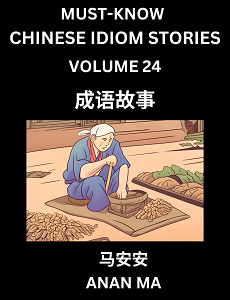
Chinese Idiom Stories Books (HSK All Levels):
- Books to Learn Chinese Idiom Stories (Part 1)
- Books to Learn Chinese Idiom Stories (Part 2)
- Books to Learn Chinese Idiom Stories (Part 3)
Learn Chinese Idiom Story in English (成语故事的英文)
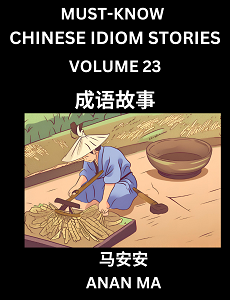
The idiom “Běi máng xiāng nǚ” originated from the legend of the northern hills of Luoyang, known as Beimang. These hills were once the burial grounds for many nobles and renowned figures. According to the legend, the women buried in Beimang Hill were once beautiful and affluent, but over time, they all turned into a handful of soil. Therefore, people often use “Běi máng xiāng nǚ” to describe the impermanence and brevity of human life, and to admonish people to cherish their happiness in the present.
Learn Idiom Story in Chinese (成语故事)
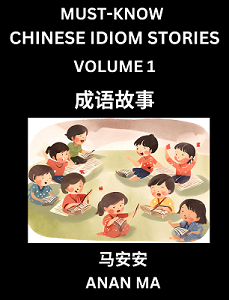
北邙乡女这个成语来源于古代洛阳城北的邙山,那里曾是许多贵族和名人的墓地。传说中,北邙山中的女子都是那些昔日荣华富贵、美貌动人的女子,但随着时间的流逝,她们都化作了黄土中的一抔。因此,人们常用“北邙乡女”来形容人生的无常和短暂,也用以告诫人们珍惜眼前的幸福。
Learn Keywords with English, Simplified Chinese Characters, and Pinyin (关键词)
洛阳 (Luòyáng): The ancient capital city where Beimang Hill is located.
邙山 (Máng Shān): The northern hills of Luoyang, a popular burial site.
荣华富贵 (Rónghuá fùguì): Wealth, rank, and glory.
黄土 (Huángtǔ): Soil, used here metaphorically for burial grounds.
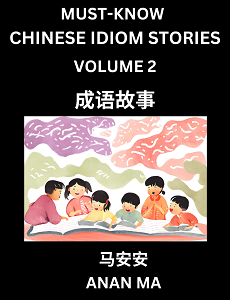
Pinyin of Idiom Story (故事的拼音)
Běi máng xiāng nǚ zhège chéngyǔ láiyuán yú gǔdài luòyáng chéngběi de máng shān, nàlǐ céng shì xǔduō guìzú hé míngrén de mùdì. Chuánshuō zhōng, běi máng shānzhōng de nǚzǐ dōu shì nàxiē xīrì rónghuá fùguì, měimào dòngrén de nǚzǐ, dàn suízhe shíjiān de liúshì, tāmen dōu huà zuòle huángtǔ zhōng de yī póu. Yīncǐ, rénmen chángyòng “běi máng xiāng nǚ” lái xíngróng rénshēng de wúcháng hé duǎnzàn, yě yòng yǐ gàojiè rénmen zhēnxī yǎnqián de xìngfú.
